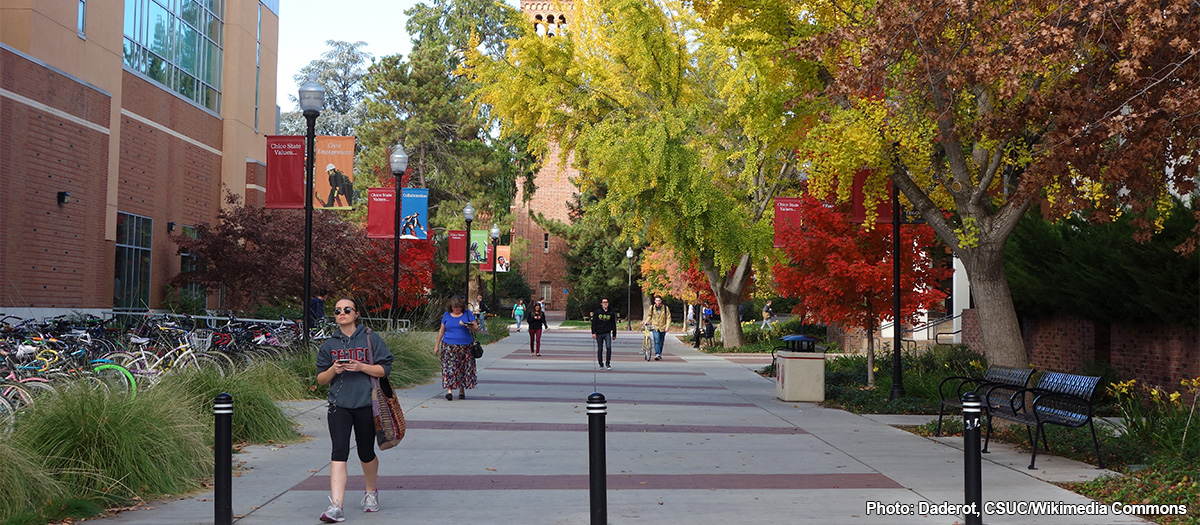
‘College for All’ policy fails to resolve social inequities
A new paper argues for a “Justice for All” approach that prepares students to advocate for democratic equity.
Abstract | Full article HTML | Full article PDF
Should we prepare everyone to go to college? Or is it acceptable to prepare just some people for college, given that not all students have the desire, aptitude, or financial means to attain a degree? If social equity is the ultimate goal, which approach is best — “College for All” and “College for Some”?
In a new paper published in Tertiary Education and Management journal, two scholars at USC’s Pullias Center for Higher Education argue against both approaches — promoting instead a third, “Justice for All” approach.
“Justice for All is an approach that is less instrumental in nature,” said William G. Tierney, co-director of the Pullias Center and one of the paper’s authors. “Instead of viewing postsecondary preparation as a way to enhance economic efficiency, we need to prepare students to be advocates for equity.”
 Tierney co-authored the paper with Pullias research assistant Suneal Kolluri.
Tierney co-authored the paper with Pullias research assistant Suneal Kolluri.
The scholars argue the College for Some approach tends to favor college-going for already-privileged members of society. Black, Latino, and low-income students are more likely to get marginalized through academic tracking programs — and thus less likely to attain a college degree.
However, despite well-meaning intentions, College for All approaches that emphasize college-going for all students also fail to level the playing field, according to the scholars. While these programs give more students from marginalized communities the opportunity to attend college, these populations are not given “access to elite institutions and the cultural capital necessary to succeed there.” Thus, College for All approaches are “doomed to reproduce class stratification.”
“The problem with either College for All or College for Some is that both are beholden to the stratified economic realities of our society,” Kolluri said. “Our call is to reframe college readiness scholarship to elevate concerns of justice.”
Kolluri and Tierney suggest that a “Justice for All” approach serves as a more viable solution for promoting social equity.
To that end, the authors advocate aligning college preparation efforts with democratic education. This approach would help student prepare for college — but enable them to advocate for social justice through democratic means whether or not they decide to pursue higher education. “In short, educating for justice might pave the way for a more equitable college-going landscape,” the authors conclude.
Kolluri and Tierney plan to continue to emphasize concerns of justice in research on how students prepare for their postsecondary lives in high school.
Abstract | Full article HTML | Full article PDF
Kolluri, S., & Tierney, W. (2018). College for All in capitalist America: the post-secondary emphasis in the neoliberal age. Tertiary Education and Management, DOI: 10.1080/13583883.2018.1440417